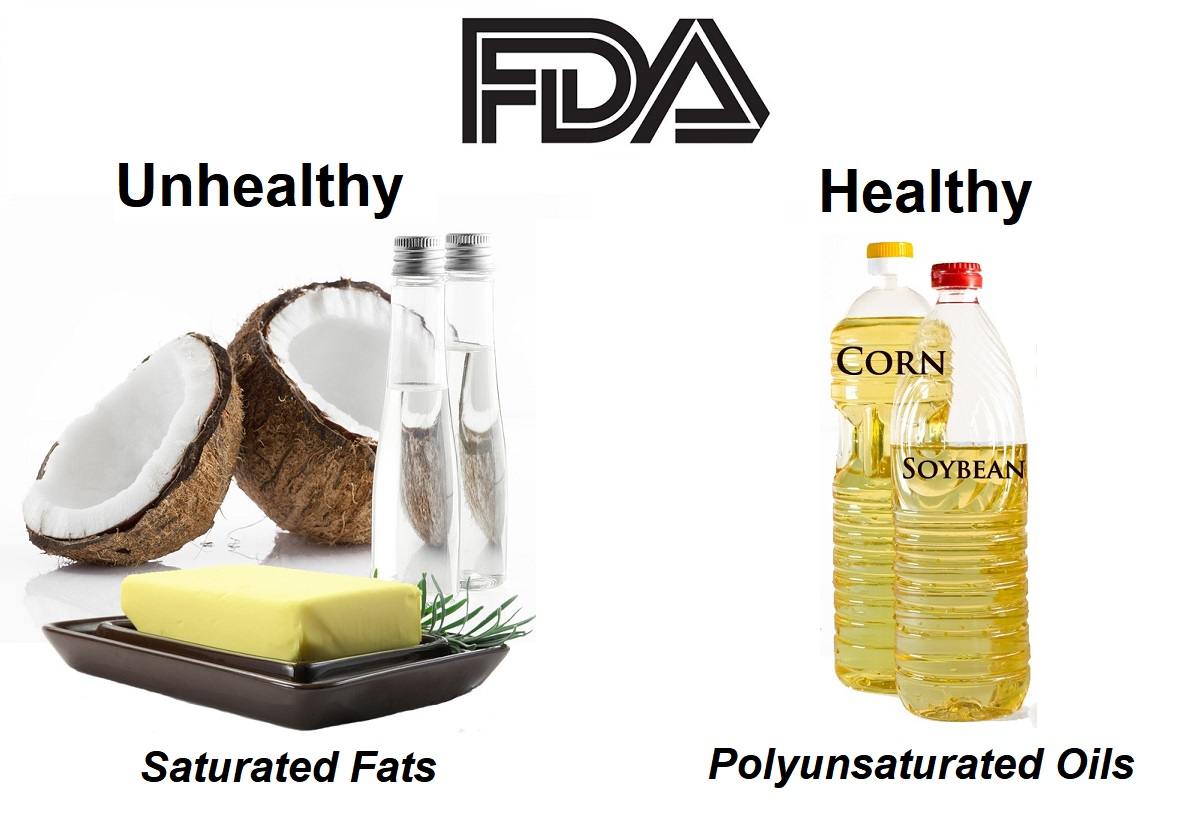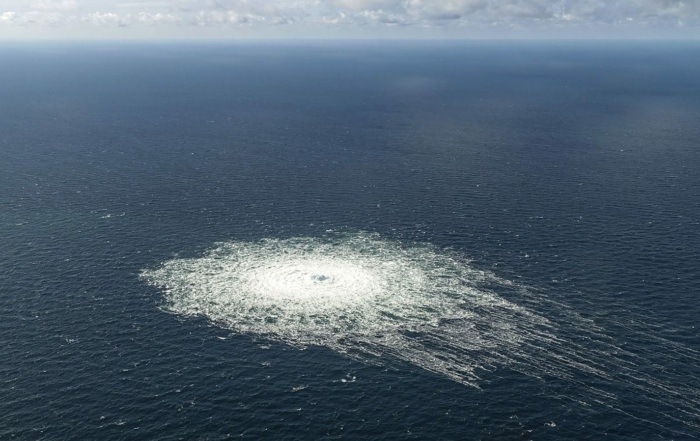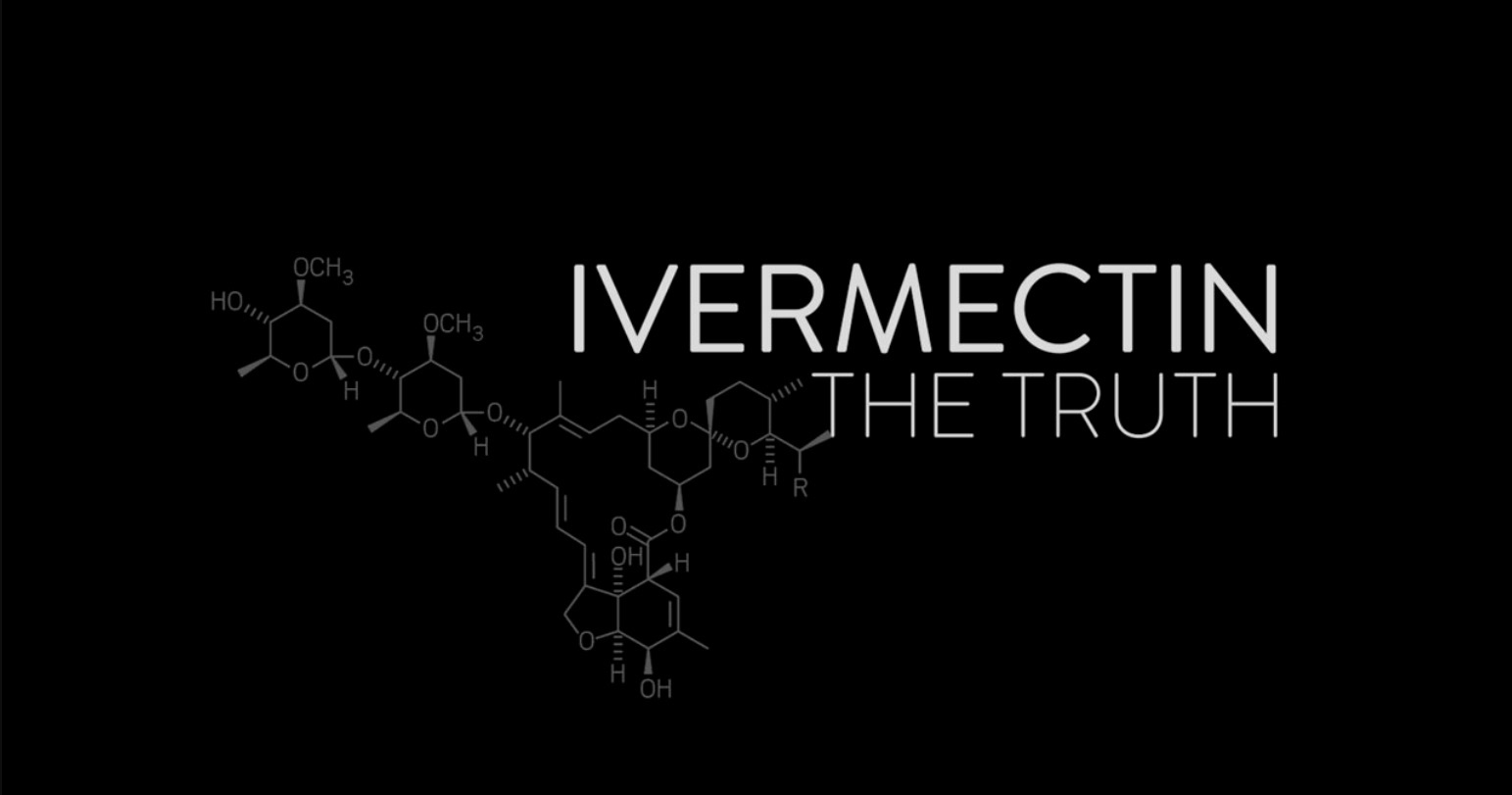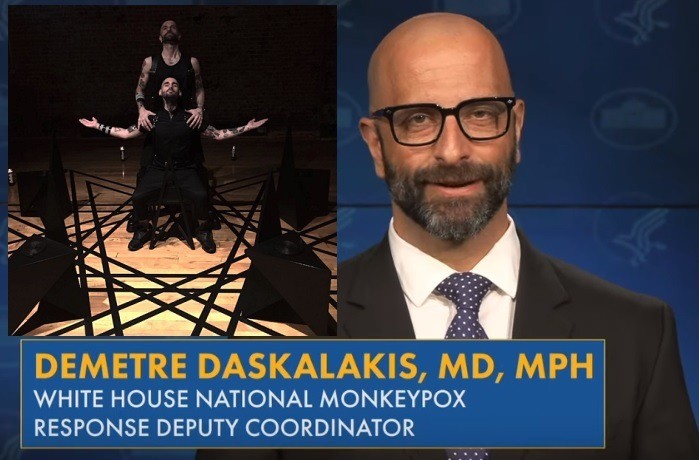FDA Food Police want to Dictate What Foods are “Healthy” in New Guidelines Criminalizing Traditional Fats Like Butter and Coconut Oil
The criminal U.S. Food and Drug Administration (FDA) yesterday published new proposed rules dictating when food products can have the word “healthy” on their packaging and when they cannot. The problem is that you should not trust the FDA to tell you which foods are healthy and which foods are not, anymore than you should trust them when they claim that COVID-19 vaccines are "safe and effective." The FDA does NOT exist to protect you, the public, but corporate America and the Globalists that control Wall Street and the Bankers. Just as the FDA serves the interests of Big Pharma and their interests in promoting vaccines and other highly toxic and dangerous drugs, so too they serve the interests of Big Food and Big Ag, and the three main cash crops that each year are heavily subsidized with American tax dollars to achieve world food dominance which are: corn, soybeans, and wheat. So is it any coincidence that FDA dietary nutritional advice places a heavy emphasis on foods developed from these three cash crops? Not only are these three cash crops used to attain world dominance in cheap export foods that local economies in poorer nations cannot compete with by growing their own native crops, these three crops from the U.S. are also the most polluted and contaminated crops in the U.S., as over 90% of all corn and soybeans grown are genetically modified (GMO) varieties that are heavily sprayed with herbicides and pesticides, including glyphosate which is known for causing cancer. And while wheat so far does not have any GMO varieties being grown commercially, most varieties are grown in the northern states such as the Dakotas and Wyoming, where the crops are "desiccated" at harvest by spraying them with glyphosate-based herbicides which kill them and allow them to be harvested more conveniently before the first snow fall. So ignoring more than 2 decades of peer-reviewed studies published in the medical journals on the government's own NIH-funded website that conclusively show that a low-fat and high-carb diet that is promoted by the FDA and USDA is harmful to the nation's health, and that natural and traditional saturated fats that have been in the food chain for thousands of years, such as butter and coconut oil, are "unhealthy," while the newer "polyunsaturated vegetable oils" from corn and soy which have only been in the food chain since WWII and the invention of "expeller-pressed" technology which allows oil to be extracted from corn and soy and are heavily processed to make them shelf-stable are considered "healthy," the FDA continues to promote Big Ag and Big Food profits by promoting dietary guidelines that are destroying America's health.












